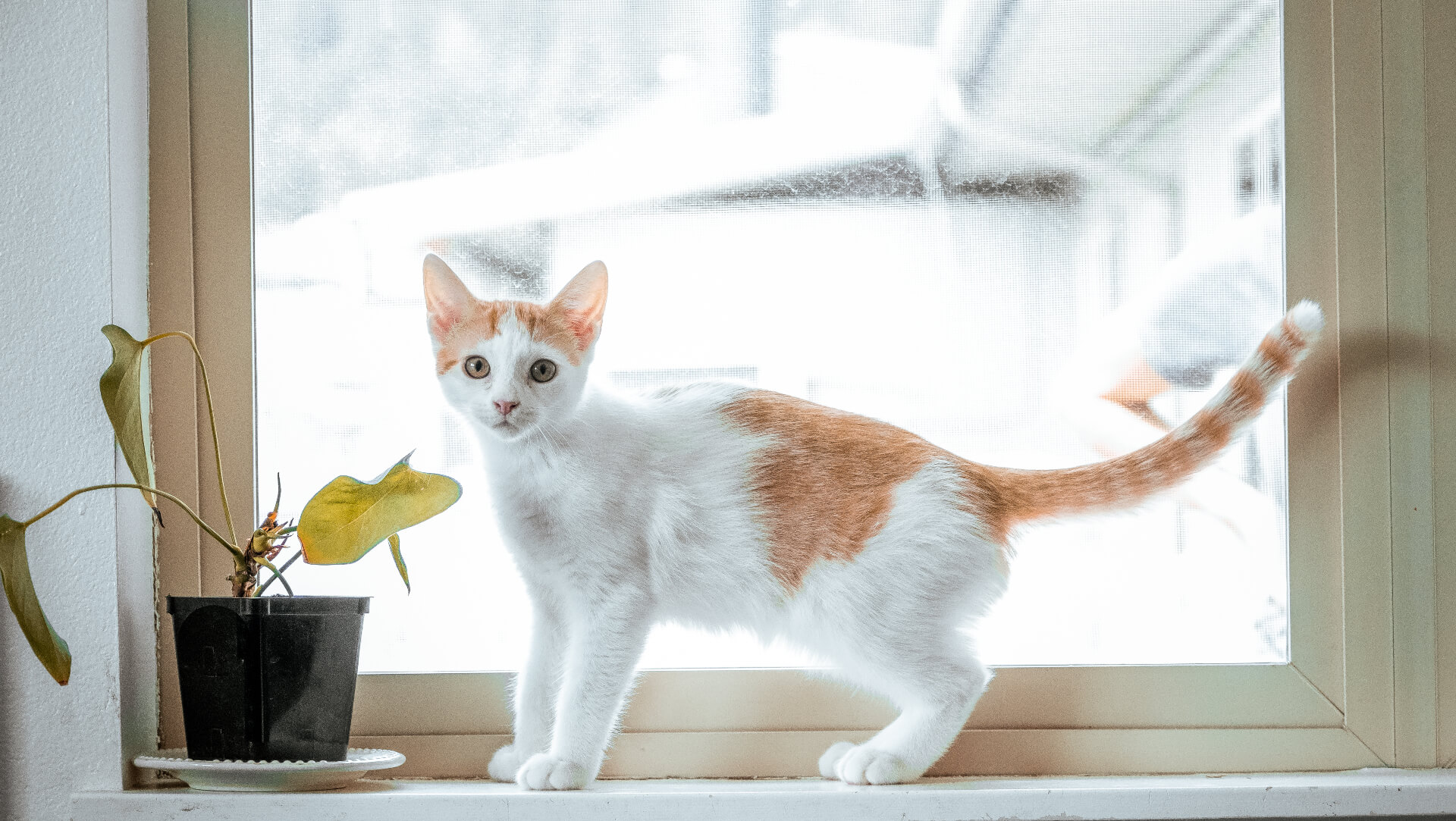
Foster FAQ
The average length of stay depends on the type/age of animal you are fostering.
Kittens and puppies return to the shelter for adoption at around 8 weeks of age. Depending on how old the pet is at the time of fostering, the commitment could last up to 3 months. We can always split the time up between multiple foster families.
Adult animal foster experiences depend upon the needs of the pet, but usually last a few weeks. If for some reason you cannot commit to the entire length of a foster request, we are more than willing to work with you and your schedule.
HSWM provides everything you need to support a pet in your home. We supply food, blankets, litter, potty pads, etc.
You do not have to live in Missoula County to foster an animal. We do, however, need foster families to be close enough to town in case there is any sort of emergency. All of our veterinary and behavioral contacts reside in Missoula County.
HSWM has a medical program and veterinarian ready to help meet the vaccine and wellness needs of all pets in our care, including those in foster homes. We provide our foster families with a list of resources and options for regular wellness, after-hours and emergency care.
Yes. Foster families pick up foster pet(s) and deliver them to vet appointments, adoption meetings, photo sessions – and more. While rare, access to consistent and reliable transportation is especially important in the case of an after-hours or emergency situation.
Yes! Generally, the presence of resident pets with young puppies/kittens can greatly help their overall socialization. Resident pets should be comfortable and welcoming of new pets in their home. Resident pets should also be at least five months old and current on all core vaccines to protect their health and the health of young vulnerable animals. There may be some cases (mothers with kittens or puppies) in which we recommend keeping resident and foster pets separated. This can be discussed on a case-by-case basis with our foster coordinator.
Yes! Fostering with children can be enriching and beneficial for both children and pets. It is educational and fun for kids, and provides socialization for shelter animals. Safety is our number one priority and we will consider the needs of all parties prior to placing a foster animal in a home.
